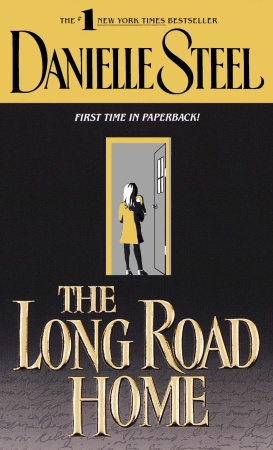

Shane Aguero, who inadvertently leads his men straight into danger. But smartly, each episode is structured around a single character-their backstory, their reason for serving, what they left behind. With such a sprawling story to tell, it would be easy for the viewer to get lost.

Based on Raddatz’s meticulously researched book of the same name, the first night begins with the ambush and the foreboding sense that we know something the soldiers don’t-that their lives will soon be in danger. The eight-part miniseries tells the story of the events known as “Black Sunday,” the story of the men sent to rescue them and the story of the families they left behind. In April 2004, soldiers from the 1st Calvary Division stationed in Sadr City, Baghdad and on a peacekeeping mission were ambushed. It’s not, but before I can review the miniseries, I need to acknowledge how important it is to tell these stories, to honor these men and women, to not forget our history. I’m making The Long Road Home sound like a sappy made-for-TV movie. Thankfully, we have journalists like Martha Raddatz to delve deep, ask the hard questions and honor the men and women who give so much. Their stories transcend political affiliation. When we can barely process the horrors happening in our own backyard, it’s easy to really not pay attention to those who serve in the military, who sacrifice so much, whose stories are so much more than what the media and advocates on both sides of the aisle can turn them into.

It puts a pit in my stomach to type this, but we have, I believe, become desensitized to death. And it’s far too easy to forget the actual human beings behind tragic events. That’s because a month can seem like three years in Trump years. But even I sometimes have trouble remembering what happened a month ago. I’ve never kept up with current events more than I have this past year. The barrage of news stories is unrelenting.


 0 kommentar(er)
0 kommentar(er)
